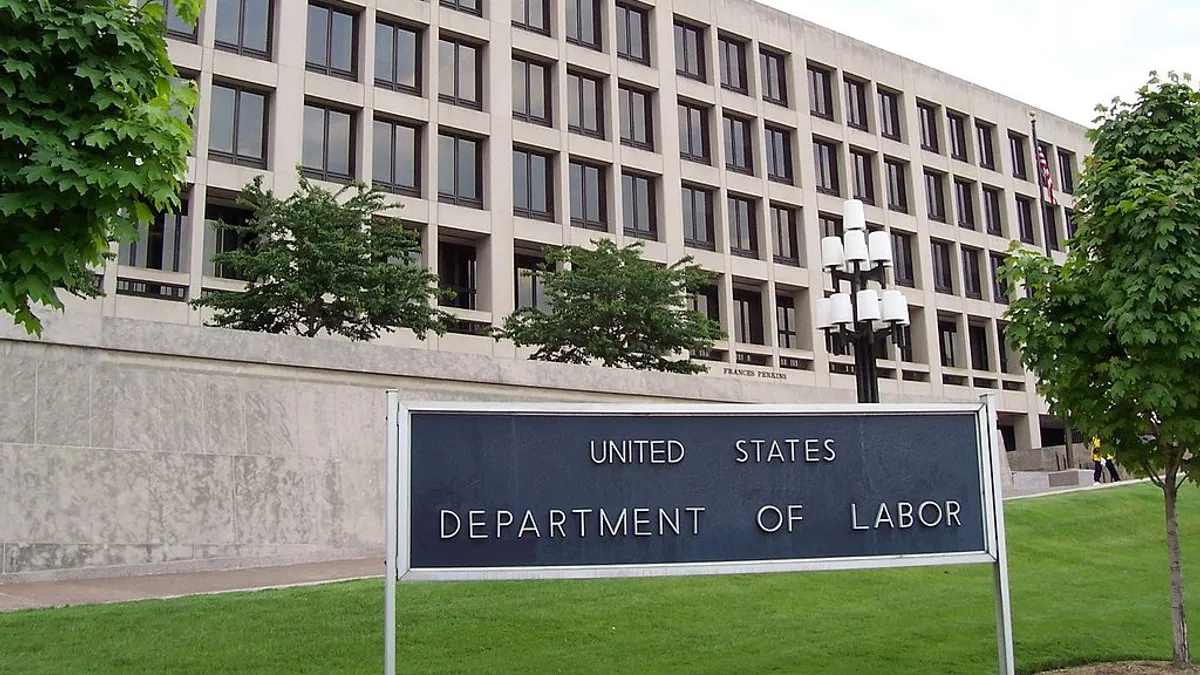Dive Brief:
- Between April and July of 2016, the Department of Labor (DOL) uncovered wage violations at 85% of the 77 independent Southern California factories investigated, reported the Los Angeles Times last week.
- Ross Dress for Less, Forever 21 and T.J. Maxx were found to have close ties to the suppliers with the most offenses. Roughly $1.1 million in unpaid wages are owed workers.
- Despite the retailers' potential complicity in these actions, the DOL cannot penalize the companies as they avoid direct employment of the underpaid workers. A DOL agent told the Los Angeles Times companies often do not hold their U.S. suppliers to the same inspection standards as their foreign suppliers.
Dive Insight:
Garment workers have long been subject to wage and human rights abuses, whether overseas or within the USA, but recent news reveal the various ways companies can hide upstream abuses. Routine investigations are often unable to uncover the various methods by which workers, legal or otherwise, are underpaid.
Non-profit human rights watchdogs have proven particularly useful for uncovering violations. In the past month, undercover investigators have all been implicated Uniqlo, Marks & Spencer, ASOS and grocers in Australia in upstream abuses.
The need for undercover investigators to uncover the violations despite routine checks shows the potential for corruption during audits. SCM World's Kevin O'Marah recommends execs treat audits like a journalist, rather than a process, if they expect true results. But, perhaps ironically, watchdogs would be unable to do their job without active corporate transparency efforts. Initiatives to publish the full list and location of suppliers allows private auditors to bypass internal corruption, whether purposeful or not.
In light of this — and lacking enforceable government penalties — companies looking to root out slavery from their supply chain require active leadership to ensure transparency becomes policy and consumers perceive the brand as ethical despite supplier missteps.
Recent research shows consumers may be the ultimate enforcers pushing ethical supply chains. Shoppers tend to avoid brands known to allow exploitation as they increasingly value business ethics. If customers lose interest due to human rights abuses, the wages saved on underpaying workers could become worthless.













